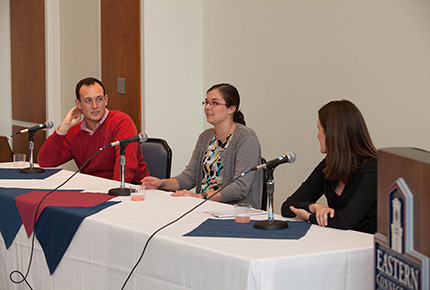Why Study Economics?
Economics looks at how individuals and organizations use, produce, consume and distribute the world’s goods and services. Studying economics prepares students for careers in a variety of fields, including business, finance, law, politics and history. Economics students learn to think creatively about important economic concerns facing the world today, while preparing for jobs or admission to law school, MBA programs and other graduate school options.
Why Study Economics at Eastern?
The Economics major offers concentrations in Business Economics and General Economics; both integrate a rigorous curriculum with experiential learning opportunities. Students develop high-level critical thinking, writing and quantitative skills and acquire knowledge of the latest economic theories and practices. They develop a sense of social responsibility to provide innovative solutions to society’s pressing issues related to the environment, sustainability, health, and economic security. An Economics minor is also available to other majors.
Salary Potential
Media salary, Economist (with M.S.)
* U.S. Bureau of Labor Statistics, ziprecruiter.com
Hands-on Learning
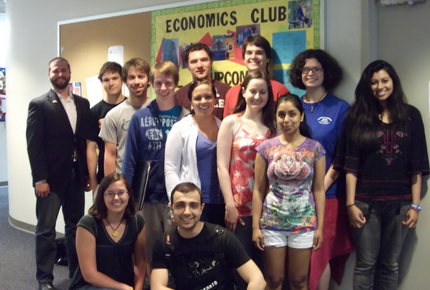
Economics Club
Eastern’s Economics Club hosts lectures by noted experts in the field and provides field trips to Boston, New York and Philadelphia, where students tour the Federal Reserve Bank, Wall Street and the United Nations.
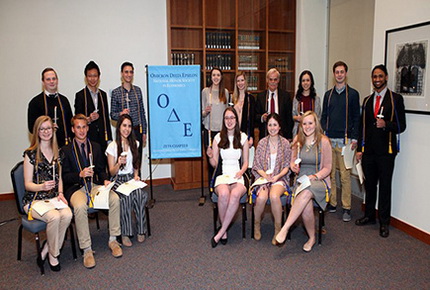
Honor Society
The Zeta chapter of Omicron Delta Epsilon, the Economics honor society, recognizes outstanding Eastern students the field and provides them with professional and career development opportunities.
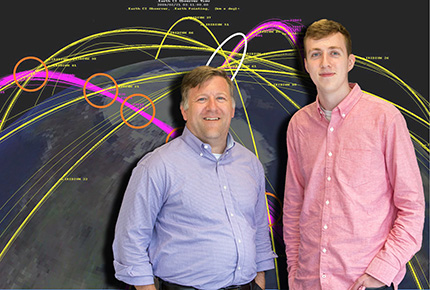
Undergraduate Research
Students work side-by-side with faculty mentors on important research, such as this study of the satellite industry by Professor Brendan Cunningham.
Career Options
Students who pursue undergraduate degrees in Economics can have rewarding and successful careers in a variety of professional fields, including:
- Economic Consulting
- Economic Analyst
- Forecasting
- Bank Management
- Financial and Investment Analysis
- Investment Account Executive
- Manufacturing Sales
- Marketing Executive
- Market Research
- Management
Successful Alumni
Recent Eastern students who earned a bachelor’s degree or a minor in Economics are at the following companies and professional/graduate schools:
- Bank of America
- Cigna
- Merrill Lynch
- Connecticut Department of Economic Development
- Travelers
- Babson College
- University of Massachusetts
- Duke University
- University of Georgia
- University of Notre Dame
Alumni Testimonials
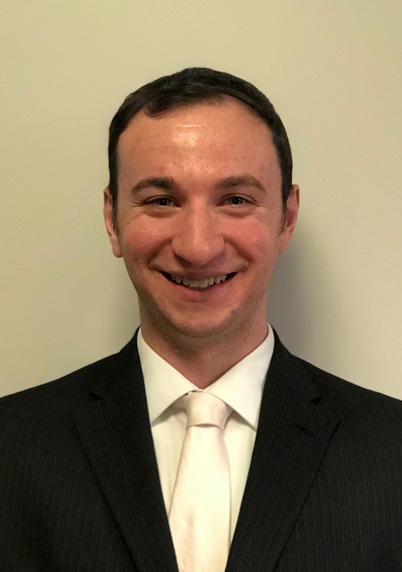
United Health Group
Joe Saponaro ’14
“Eastern’s small campus turned into a great investment for my future. The small class size allows students to get to know their professors and establish great relationships. I even met my wife at Eastern. The applied learning situations — my co-op position at Pratt & Whitney and my internship at Northwestern Mutual — were very helpful and relevant to my first job at United Healthcare.”
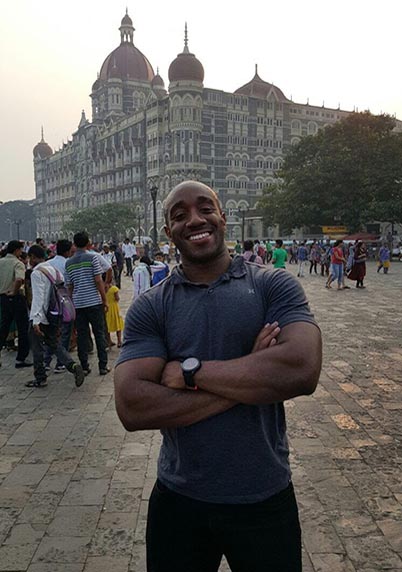
Systems Analyst
Alex Bogle ’12
Economics major Alex Bogle is a systems analyst at Cigna. “My Eastern professors both sparked my interest in economics and suggested I minor in business information systems, which is the field I now work in. As a part of the information systems community, there are dozens of opportunities that satisfy my interest in both economics and IT.”

Financial Analyst
Tess Candler ’18
Economics and Political Science double-major Tess Candler is an associate financial analyst at Cognex Corporation. “Eastern was a great place to develop my research skills because professors are truly interested in working with students. Whenever I approached a professor about independent study, I was met with enthusiasm. Eastern’s small, primarily undergraduate school contributed to that environment.”

Public Policy
Jessica DeFelice ’16
Jessica DeFelice earned her master’s degree in public policy at Oregon State University and is a human research technologist at Penn State University. “Eastern’s rigorous academic training provided me with the skills to successfully conduct research and proficiently author and present arguments. I look forward to a career of shaping policy in the public and nonprofit sectors.”
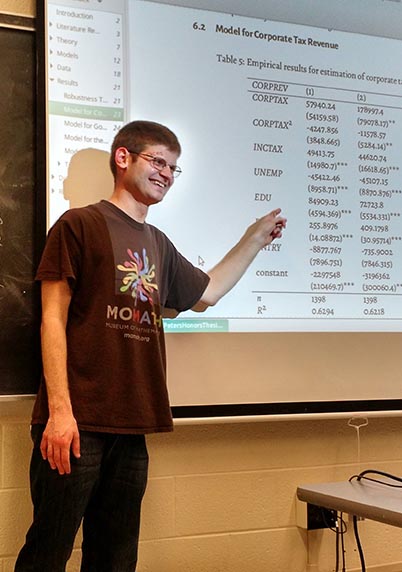
Management Analyst
Ian Peters ’16
Economics major Ian Peters is a management analyst for the Delaware Department of Natural Resources. “The faculty at Eastern care so much about their students. If you’re struggling, they work with you outside of class. If you’re looking for more advanced material, you can take on an independent study project. Faculty at larger research universities are too invested in their own work to take that sort of time for students.”
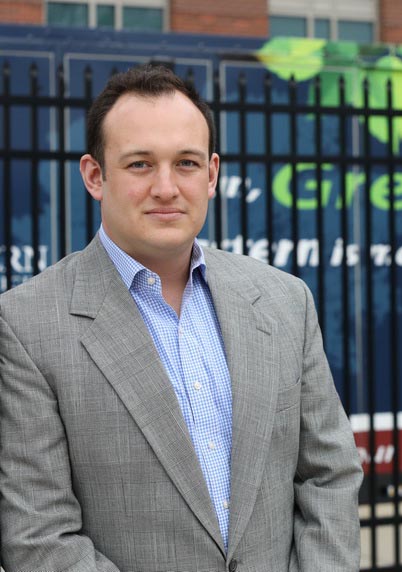
Emerald Consulting
Brian Sullivan ’08
Economics and Mathematics double-major Brian Sullivan is the founder of Emerald Consulting, LLC. “My Eastern education prepared me for the green finance industry by giving me an extraordinary background in mathematics and economics. In my field, I spend a lot of time trying to make sense of complex data systems. I wouldn’t be able to do this without my training in statistical analysis or my understanding of economic forces.”





